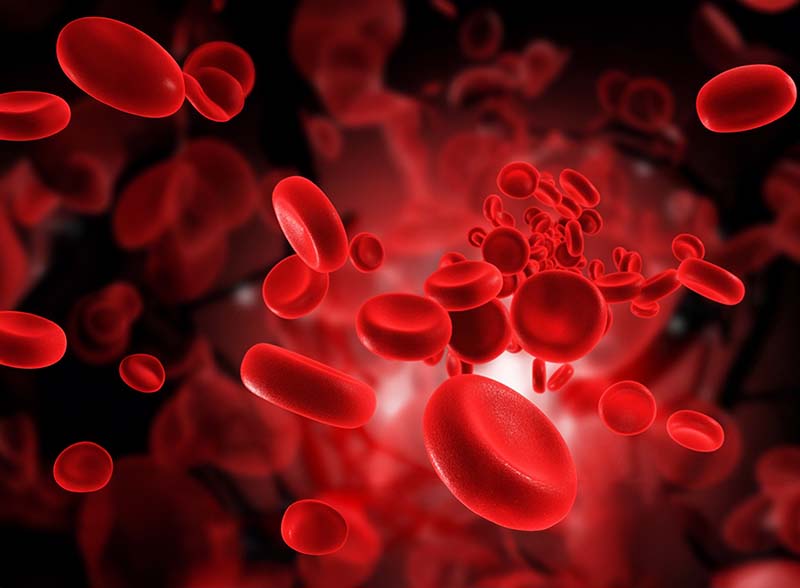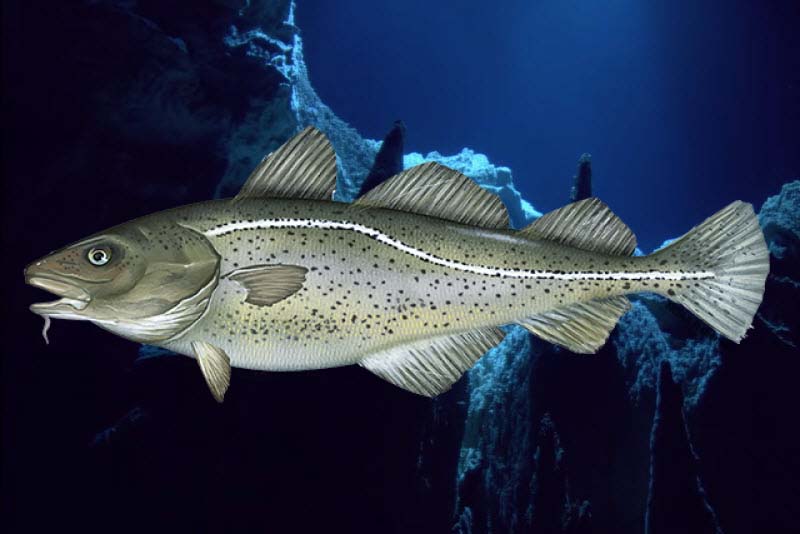White fish, with its delicate texture and subtle flavor, is a key ingredient in many healthy recipes. Not only is it versatile and easy to prepare, but it’s also rich in essential nutrients like high-quality protein, vitamin B12, and selenium.
These nutrients are crucial for overall health and particularly beneficial for those considering weight loss. “Is White Fish Good for Weight Loss?” – this question leads us to explore the health benefits of white fish, including its potential role in a weight loss diet.
Read more
- Is Salmon Good for Weight Loss? Discover the Surprising Benefits!.
- Does Spinach Help You Lose Weight? Insights and Tips.
- Are Sweet Potatoes Good for Weight Loss? Exploring the Reality.
Is White Fish Good for Weight Loss?
White fish stands out as an excellent choice for those aiming to lose weight. Its composition, being low in fat yet high in protein and with minimal calories, positions it as an ideal component in a balanced weight loss regimen. The protein content in white fish plays a pivotal role in weight management by suppressing hunger. It achieves this by lowering ghrelin levels, a hormone known to stimulate appetite. Moreover, white fish is a treasure trove of vital nutrients. It’s rich in omega-3 fatty acids, vitamins like B6 and B3, and minerals such as phosphorus, selenium, and iodine, not to mention vitamin B12. These nutrients are not only crucial for overall health but also play a significant part in managing weight. Regularly incorporating white fish into your diet can be a strategic move to diminish hunger pangs, enhance satiety, and bolster your weight loss journey.
Note: When choosing white fish, opt for grilled or baked preparations over fried versions to maximize health benefits. Including a variety of white fish such as cod, haddock, and tilapia can prevent dietary monotony and ensure a broader spectrum of nutrients.

9 Health Benefits of White Fish
Whitefish, not only celebrated for its delightful taste but also for its multitude of health benefits, contributes significantly to its popularity. Here are nine key health benefits of whitefish:
Strengthens Bone Structure
Whitefish is rich in phosphorus, a mineral essential for maintaining and enhancing bone density and structure. Regular consumption of whitefish can aid in preventing bone-related issues like osteoporosis, a condition where bones become fragile and more prone to fractures.

Supports Cellular Health
The high protein content in whitefish is fundamental for cellular health. Proteins are crucial for the structural integrity and regulation of cells. Adequate protein intake ensures proper cell functioning, which is vital for overall organ health.

Supports Blood Production
Whitefish is an excellent source of Vitamin B12, crucial for producing red blood cells and maintaining healthy nerve function. Its consumption can be particularly beneficial for individuals dealing with anemia.

Anti-inflammatory
Vitamin B6 found in whitefish helps combat inflammation, making it beneficial for individuals with inflammatory conditions like arthritis and asthma.

Strengthens The Immune System
Whitefish contains Vitamin B3, known to enhance the immune system. This vitamin can help in quicker recovery from infections and potentially combat superbug infections.

Promotes A Healthy Pregnancy
Vitamin B2 in whitefish is essential for women during pregnancy. It aids in hormonal balance and is linked to a reduced risk of miscarriages.

Contributes to Youthful Health
The nutrients in whitefish like Alaskan Pollock and Pacific Cod support cellular renewal, which is key in slowing down the aging process.
Maintain Optimal Cholesterol Levels
Whitefish is low in LDL cholesterol, beneficial for heart health. Regular consumption can help manage cholesterol levels, reducing the risk of heart disease and high blood pressure.

Enhance Brain Function
Nutrients in whitefish aid in brain cell function and the creation of neural pathways, enhancing learning and memory capabilities.
Best White Fish for Weight Loss
Selecting the best white fish for weight loss involves considering their nutritional profiles and how they can support your diet goals. Here’s a breakdown of some excellent choices:
Yellowfin Tuna
This fish is an excellent option for weight loss due to its high protein content and low-calorie count. Protein aids in boosting metabolism and reducing appetite, leading to calorie deficit. While tuna is low in fat and carbs, it’s important to be mindful of its mercury content. The FDA suggests limiting yellowfin tuna consumption to once a week.
Cod
Cod is a superb choice for those looking to lose weight. It’s packed with protein, low in calories and fat, and rich in vital B vitamins, which are essential for stress management, neurotransmitter synthesis, nutrient metabolism, and energy release from food. Cod’s nutrient-dense profile makes it an ideal addition to a weight loss diet.

Tilapia
Often misunderstood, tilapia is actually a nutritious and affordable option. It’s the fourth most popular fish in the U.S. and is rich in vitamin B-12, niacin, phosphorous, and potassium. With its mild taste, tilapia is particularly suitable for those who are not fond of strong fish flavors.

Salmon
Known for its lean protein and high omega-3 fatty acid content, salmon is another excellent choice. Omega-3s are crucial for energy production and maintaining the health of the heart, lungs, brain, and immune system. These fatty acids can boost metabolism and have anti-inflammatory properties, which are beneficial for weight loss.

Halibut
Halibut is a great source of protein and is packed with nutrients such as phosphorus, selenium, magnesium, and vitamins B6 and B12. Vitamin B12, in particular, has been linked to a reduced risk of obesity and is essential in the weight loss process.
Risks of Eating White Fish
Consuming white fish offers numerous nutritional benefits, yet it’s important to be aware of potential risks associated with their intake. Fish can accumulate harmful chemicals from their environment and diet, including mercury and Polychlorinated Biphenyls (PCBs). These substances can build up in their bodies over time, posing health risks to consumers.
- Mercury Exposure: High levels of mercury can adversely affect the brain and nervous system. This risk is particularly concerning for fetuses, infants, and children, as their bodies are still developing. Mercury can interfere with the development of the nervous system in fetuses and young children, leading to developmental delays and other health issues.
- PCB Contamination: PCBs, once widely used in industrial applications, can accumulate in fish and may cause cancer and other detrimental health effects. While the use of PCBs has been reduced significantly, their persistence in the environment means they can still be found in some fish species.
Conclusion
In summary, white fish is a nutritious and delicious choice for anyone asking, “Is White Fish Good for Weight Loss?”. High in protein and vital nutrients, it supports various health goals, from weight loss to brain health.
Share your experiences with white fish in your diet and join us at Sure Life Health for more insights into healthy living. Let’s embark on this wellness journey together.
Professor Gaye Cunnane, PhD, MB, FRCPI
As the Director of Health and Wellbeing at RCPI, Professor Gaye Cunnane is at the helm of initiatives aimed at enhancing the health and well-being of RCPI Trainers and Trainees. Her role extends beyond administration; she is also a respected clinical professor of rheumatology and a consultant rheumatologist at Trinity College Dublin (TCD) and St James’s Hospital. Prof. Cunnane’s medical journey began at TCD, where she graduated from medical school, and her path has been marked by both clinical and academic excellence.
After completing her basic clinical training in medicine, she embarked on PhD studies at University College Dublin and St Vincent’s University Hospital. Her research during this period was focused on prognostic markers in early inflammatory arthritis, a project that saw her collaborating with esteemed universities across Europe, including in Switzerland, The Netherlands, the UK, and Sweden.
Prof. Cunnane’s career took her to the University of California, San Francisco, where she spent three years delving into research on new treatments for lupus. Her academic prowess led her to the University of Leeds in 2001 as a senior lecturer, before returning to Ireland in 2003 to assume her current roles. She has also served as the National Specialty Director for Rheumatology training in Ireland, Programme Director for Basic Specialist Training with RCPI, and as a past President of the Irish Society for Rheumatology.
PUBLISHED ARTICLES
“Rheumatic disease differentiation using immunoglobulin G sugar printing by high-density electrophoresis”: Published in The Journal of Rheumatology, this study reflects her in-depth investigation into rheumatic diseases.
“Benefits of exercise in patients with rheumatoid arthritis: a randomized controlled trial”: This research work, highlighting the positive impact of exercise on rheumatoid arthritis, underscores Prof. Cunnane’s dedication to practical, patient-centered research.
Additionally, Prof. Cunnane has made notable contributions to the Annals of the Rheumatic Diseases, discussing early referral, diagnosis, and treatment of rheumatoid arthritis. She has also been involved in a study on the NCBI platform investigating exercise benefits in rheumatoid arthritis patients.
Professor Gaye Cunnane’s career is a testament to her commitment to improving patient outcomes in rheumatology through rigorous research, clinical excellence, and dedicated teaching. Her work continues to influence the field of rheumatology, both in Ireland and internationally.

